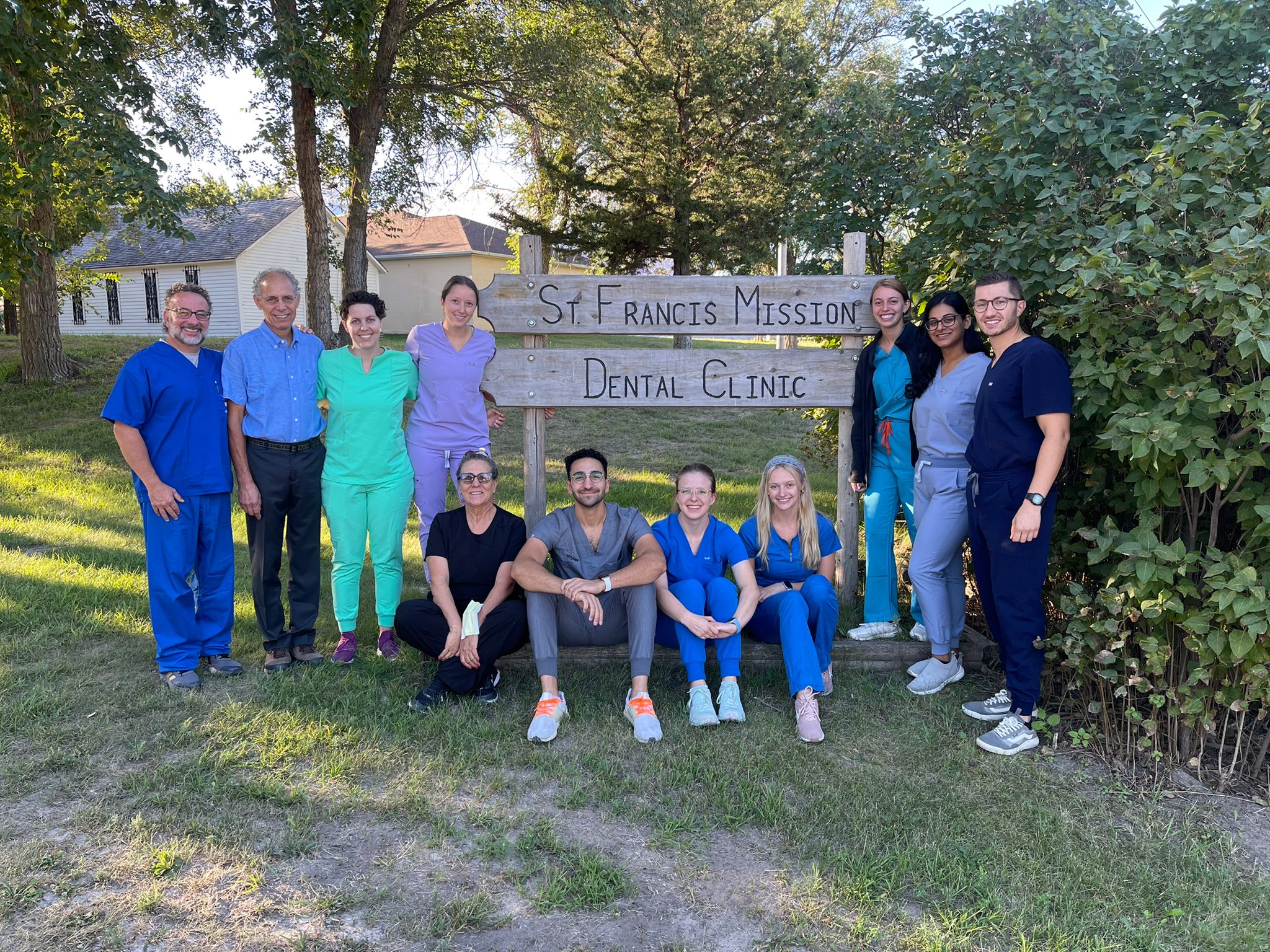Is Pharmacy School Worth it? Part II

There has been a lot of feedback about my original article “Is Pharmacy School Worth it?” I decided to address all the complaints. Thus I will break down the math as simple as possible for those who got confused. Let’s do math together!
Assumptions/Analysis:
- Both Salary Increases, Expenses, Inflation are kept stagnant and not accounted for. For the most part this should cancel each other out (see below in the comments section as why I decided to do this, plus it will make this scenario much more simple).
- Starting Year 9 both Pharmacy Technician and Pharmacist move out of parents home and significantly increase their cost of living from $8,000 to $30,000 a year.
- Return on Investment (ROI): Using the history of the S&P 500 index a 8% annualized return is utilized for investment returns. This is simple index investing: Vanguard 500 Index Fund (Since inception its produced a 11.1% annualized return)
- Tuition is not increased year to year, favoring pharmacist. (compound interest with higher debt working against the pharmacist not accounted for)
- University of Washington Tuition Costs were used in this example. This also favors the pharmacist with public school prices vs out of state tuition or private pharmacy school.
- Pharmacy Technician is in the 15% income bracket making their capital gains and dividends TAX FREE which will not be accounted for, thus favoring the pharmacist.
- The Pharmacist will have ZERO expenses during school because they work part time jobs or holds a pharmacy internship. They bring home $8,000 / year canceling out their living costs.
- Pharmacy Technician does not work any extra shifts for overtime or put themselves on call to collect extra pay (hospitals often times pay techs $4/hr to $5/hr just to be on call if someone calls out sick). Favoring Pharmacist. (missed opportunity for compound interest)
- Pharmacy Technician Benefits for 8 years while the Pharmacy Student is going to school is not accounted. 401k plans ect… My hospital currently matches dollar for dollar up to 7% of salary, again favoring pharmacist. (missed opportunity for free money and compound interest)
- Undergraduate Student Loans: Each year only $6,000 out of $12,000 accrued 4.33% interest. Once they graduated the entire loan will accrue interest.
- Graduate Student Loans: Each year only $14,000 out of $28,000 will accrue 6.21% interest. Once they graduate the entire loan will accrue interest. (Interest Rates taken from: https://studentaid.ed.gov/types/loans/subsidized-unsubsidized)
- Pharmacy Student did not take any Private Loans.
- Pharmacist does not do any residency programs, which can add an additional 2 years.
- Pharmacy student went straight through without any issues. My class average starting age of pharmacy school was 26 and finished at 30 years of age. This scenario shown has the pharmacist finishing at 26 years old.
- Pharmacist does not increase standard of living to luxury status: new house, new BMW, extravagant vacations, designer clothes, and fancy restaurants.
- In favor of the technician is that they are paid on the higher end scale comparatively to the national average, however, this information is pulled from my current employer. Thus, I would assume other hospitals in the Seattle area would be fairly competitive. Also this is comparing a pharmacist salary from the same hospital.
Pharmacy Technician Scenario
- Graduates high school at the age of 18.
- Starts working in long term care pharmacy as an assistant. (My current employer pays $14.50 for assistants, and pays for their schooling)
- Becomes a Pharmacy Technician within a year at no cost.
- Gets new job at a hospital inpatient pharmacy with a base pay as a new grad of $20.00/hr (based on my current employer pay scale). For those who don’t know, I work in Long Term Care and Inpatient Pharmacy.
- See Below which is an OLD pay scale from early 2014 and has been increased since (hospital where I currently work, which includes the outpatient retail techs):

Pharmacy Assistant Pay Calculations:
- $14.50/hr x 40 hours = $580 / week x 52 weeks = $30,160
- Federal Income Tax = $2,550 (TurboTax Calculator)
- Social Security Tax 6.2% = $1,869.92
- Medicare Tax 1.45% = $437.32
- Final Take Home Pay = $25,302.76
- Expenses = $8,000 (University of Washington Estimate for those Living at Home with Parents)
- Total Savings = $17,302.76
Pharmacy Technician Pay Calculations:
- $20.00/hr x 40 hours = $800 / week x 52 weeks = $41,600
- Differential Pay for Every Other Weekend = $24 / weekend x 26 weekends = $624
- Works 3 out of 7 Holidays (Gets compensated at 2.5x rate, 1.0 is accounted for in gross pay calculation above). $20 x 1.5 = $30/hr x 8 hrs = $240 x 3 Holidays Worked = $720
- Final Gross Pay: $41,600 + $642 + $720 = $42,962
- Federal Income Tax = $4,470 (TurboTax Calculator)
- Social Security Tax 6.2% = $2663.64
- Medicare Tax 1.45% = $622.95
- Expenses = $8,000 (University of Washington Estimate for those Living at Home with Parents)
- Total Savings = $27,205.41
Pharmacist Pay Calculations (Pay-Scale Chart is from my Hospital):
- My first job out of school in 2012 paid me $50.00/hr as a LTC pharmacist. Salaried employee with no differential pay or holiday pay. (Since I know time is against me, I worked 2 jobs to increase my gross to 155k my 1st year out of pharmacy school. To keep it simple lets just use the scenario of a normal human working 1 job. The tech can work 2 jobs as well and pull overtime but lets just do 1:1 for now).
- $50 x 40 hours = $2000 / week x 52 weeks = $104,000
- Federal Income Tax = $19,461
- Social Security Tax 6.2% = $6,448
- Medicare Tax 1.45% = $1,508
- Final Take Home Pay = $76,583 *Washington does not have a State Income Tax*
Results/Conclusion
- After 30 years the Pharmacist breaks even with the Pharmacy Technician in Net Worth.
- I may do a future post on technician pay at $15/hr (which is on the low end in Seattle) vs a $55/hr pharmacist. Adjust wage increases, account for capital gains/dividend taxes, increase tuition costs yearly, and take advantage of the employer benefits package. I just need to find time to do this. But my suspicion is the outcome would be fairly comparable, especially if the technician buys a house in cash in year 9-15 or so (dropping their expenses down) and the pharmacist decides to buy a house then too (with a 15 or 30 year mortgage). Or the tech can continue renting while the pharmacist buys a house. It would be interesting to see the outcome. The pharmacist savings rate would be so low that the tech can invest more than the pharmacist until year ~30 again.
- This post is not promoting to be a pharmacy technician. It is just to ponder the question if it is really worth the time and debt to get the pharmacist salary. There are many other options and if money is your goal, pharmacy is not the answer if you start today. You can stick any profession in this scenario such as an RN, Dental Hygienist, Radiology Tech, and many more that require less debt & years of school. The outcome would be exactly the same or even more favorable for other professions.
- Key take aways: save early, invest early, compound interest is your friend, minimize debt, live smart, and avoid being sucked into consumerism.
- Keep in mind the pharmacist expenses matched the technician (At $30k expenses, this is very generous for 1 person, if you look at Mr. Money Mustache family only spends $25k a year for 3 people). Most pharmacy graduates buy a large house almost immediately, luxury car, and take expensive vacations. Their savings rate would be extremely low. Even if you save diligently, is a 30 year break even point really worth it? We also gave the pharmacist a lot of freebies on assumptions.
- There is no real way of knowing exactly every scenario. Everyone will have a different savings percentage. A great example is my own personal finances. I tend to save somewhere around 75% of my earnings each month. I do not believe many people have this high of a percentage. This is just one scenario!
- For all the students and recent graduates upset about my post. Just take away the positives from this article. You will try to prove me wrong by paying off your debt at an accelerated rate and invest a majority of your income to build your net worth (why do you think I punish myself working 2 jobs and have 4 other hobby income streams). This will help the rest of us because you have a higher probability of not defaulting and thus avoid having the taxpayers cover student loan debt. Thank you!


Comment Below, would love to get some feedback.
I hope the recommendations above will help guide, motivate, and inspire you to achieve your goals. Follow my blog for more tips and advice on finances and being a pharmacist. What are your experiences? Please comment below and share your thoughts.


